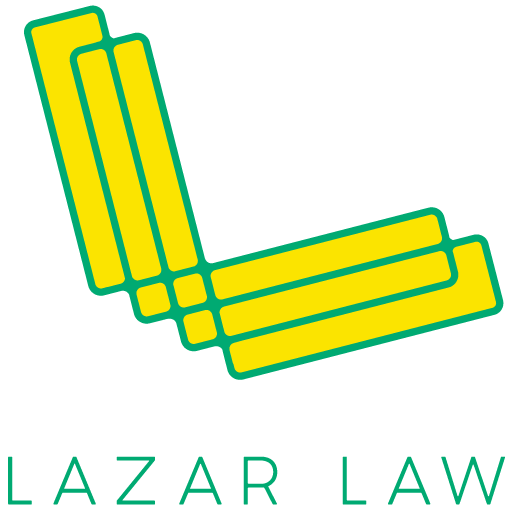Possession and Access in Austin Child Custody Cases
At Lazar Law, our possession & access attorneys are devoted to protecting the rights of parents in divorce and child custody disputes. We fight for meaningful access and visitation in all cases unless such an arrangement would be damaging to the children or not in their best interests. Call Lazar Law for help determining possession and access in your Austin divorce or child custody matter.
What is the Standard Possession Order?
Texas courts use a standard possession order as a baseline for parents to share custody in most cases. Under the law, the standard possession order is presumed to be in the best interest of children ages 3 years and up and is presumed to provide a reasonable minimum possession period for the non-primary parent.
The standard possession, in a nutshell, is as follows:
Weekend Possession – The nonprimary parent gets the children on the 1st, 3rd, and 5th weekends of the month (starting on Friday nights) throughout the year
Weekday Possession – The nonprimary parent gets the children every Thursday, usually overnight, during the school year.
Extended Summer Possession – Over the summer, in addition to weekend possession, the nonprimary parent gets the children for 30 days of extended summer possession, which can be exercised in one or two periods of possession.
Holiday Possession – Holidays are divided evenly between the parents based on the child’s school break schedule, alternating Thanksgiving Break, Christmas Break (which is split between the parents each year, with one parent having possession of the first half in even years and the second half in odd years) and Spring Break. The only other holidays addressed in the standard possession order are Mother’s Day, Father’s Day, and the child’s birthday.
The standard possession order changes when the non-primary parent lives more than 100 miles from the child’s primary residence. There is no weekday possession and weekend possession may be reduced to one weekend a month. To make up time for the parent who lives too far away to have possession of their children during the school year, that parent has possession for every spring break and has 6 weeks of extended summer possession.
For children under three, the court looks at over a dozen different factors to make an appropriate order. There is no standard, but typically the possession order starts off with more frequent, shorter periods of possession and works up to the standard order as the child ages.
When there is an impaired parent or the safety of the child is an issue, the court will put provisions in place to allow the parent to see the child under supervision or with restrictions.
While the standard possession order is the guideline from which to start, if your custody case goes to Court, the facts will determine whether or not you can convince a judge to award a possession schedule different from the standard. Some judges are fans of a 50/50 schedule; some are not. No two families are alike, and at Lazar Law, we are not afraid to ask for more or less possession time if the facts are on your side.
Can Parents Agree on Different Periods of Possession?
Parents can always agree to a custom parenting time schedule through settlement. Settlement agreements can be reached through negotiations, the collaborative law process, and mediation. When parents work through an agreement, we can craft a possession schedule that meets your family’s unique needs. The options are endless. Lazar Law can help you craft a possession order that works best for you, your co-parent, and your children.
